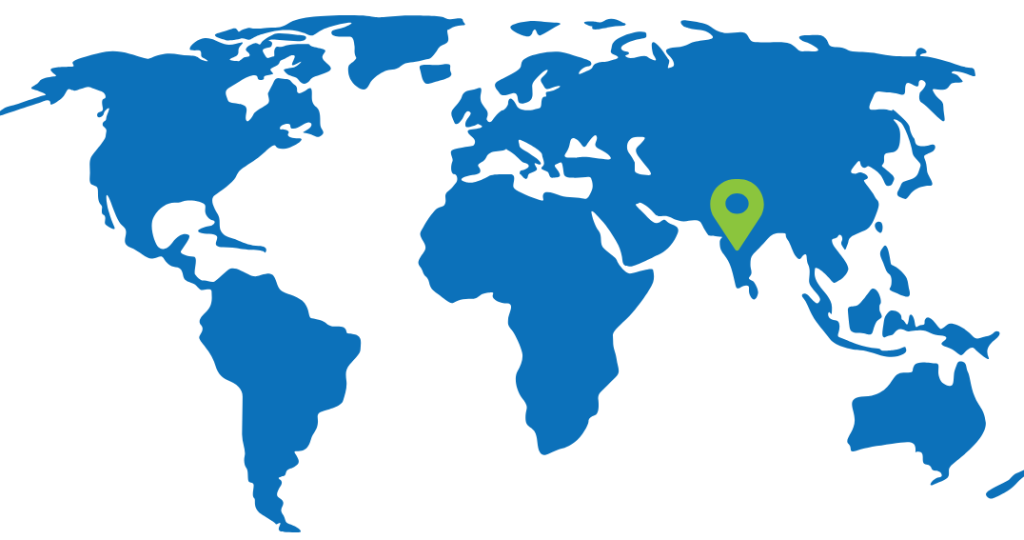India recently hosted its first-ever 3GPP Radio Access Network (RAN) Working Group meetings in Bengaluru, marking a pivotal moment in the global development of 6G standards. These meetings spanning RAN1 through RAN5 officially initiated discussions on 3GPP Release 20, which will form the foundation of future 6G specifications, while also finalizing elements of Release 19 to support the continued evolution of 5G Advanced.

Strategic Role of TSDSI and DoT
The Telecommunications Standards Development Society, India (TSDSI), a recognized national Standards Development Organization and one of seven organizational partners in the 3GPP, hosted the event. With full institutional and financial backing from the Department of Telecommunications (DoT), the meetings underscore India’s growing regulatory and strategic commitment to shaping international telecom standards.
Global Collaboration and Local Access
The meetings in Bengaluru brought together over 1,500 delegates from more than 50 countries, including telecom operators, technical experts, and research institutions. This record level of global participation reflects the increasing urgency and interest in guiding the transition from 5G to 6G.
By hosting the 3GPP meetings domestically, India enables local companies, academic institutions, and researchers to engage directly with international standard-setting processes. This local access eliminates barriers such as travel costs and enhances real-time collaboration, positioning Indian stakeholders to contribute meaningfully to 6G frameworks.
Impact on Future Regulatory Landscape
This landmark event also signals a shift in global standard-setting dynamics. India’s hosting role elevates its standing in the international regulatory ecosystem and highlights its capability to influence key decisions around next-generation mobile technologies.
The inclusion of Indian entities in these technical discussions is expected to strengthen domestic R&D efforts, encourage innovation, and foster deeper public-private collaboration. Long-term, this could shape future policy development, spectrum planning, and certification frameworks for 6G technologies within India.
For this article’s source information and any product certification guidance, please contact Global Validity.
Quick Country Facts
India
Certification Body: Ministry of IT and Communications, Wireless Planning & Coordination Wing
Certification Type: Mandatory
License Validity: Indefinite
Application Language: English
Legal License Holder: Local Representative
In-Country Testing Requirement: Testing Not Required
The regulatory information above is based on radio type approval certification. Access additional certification requirements in over 200 countries and territories with Global Validity’s free proprietary product certification management software, Access Manager. Learn more about the platform here or fill our quick contact form!
Global Validity is your partner for global certification success
Want to learn more about regulatory compliance and how we can help? Simply fill out the form below and we’ll be in touch!
